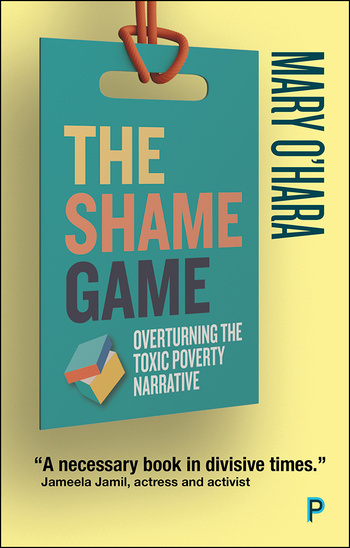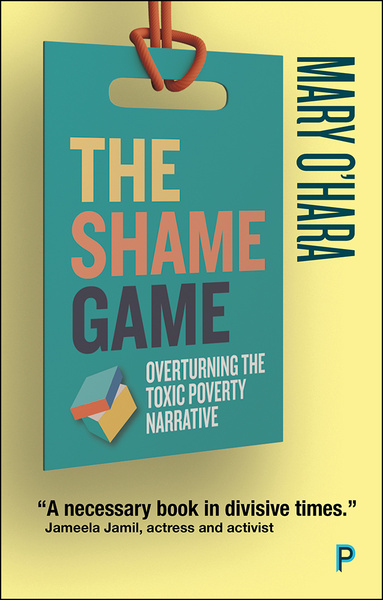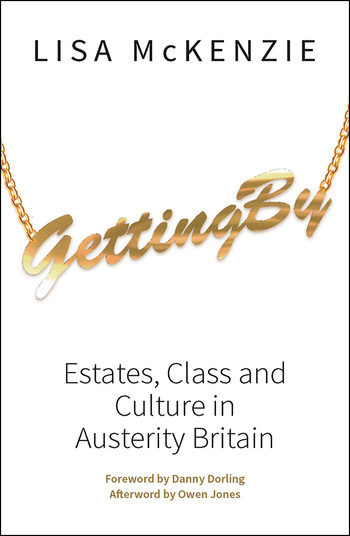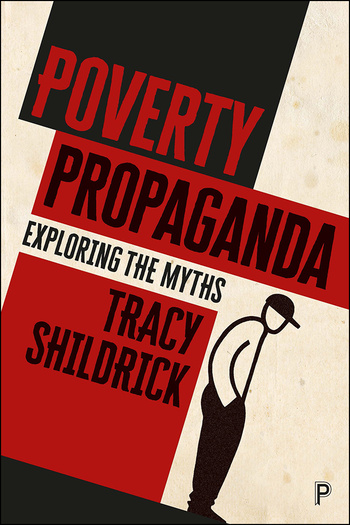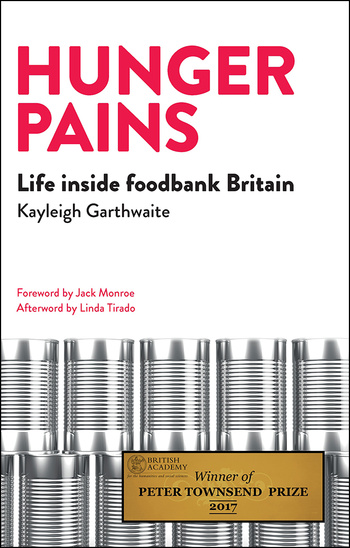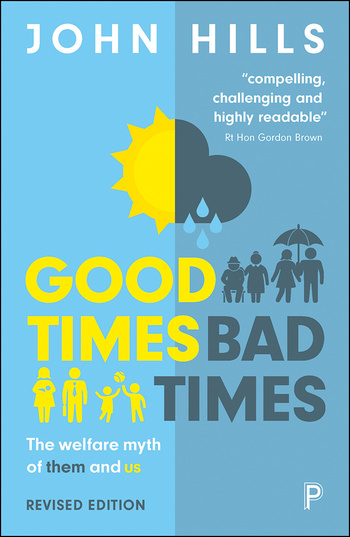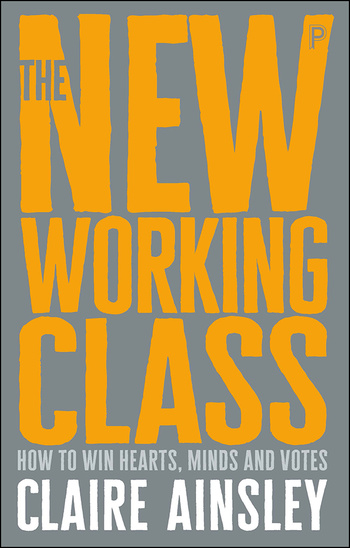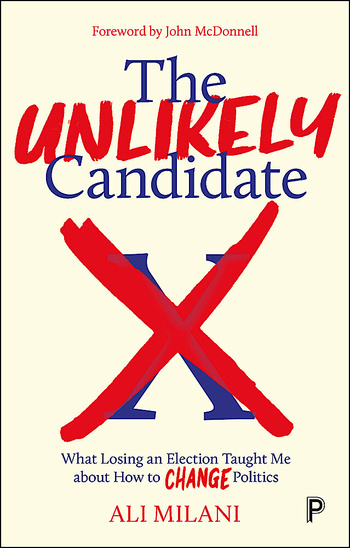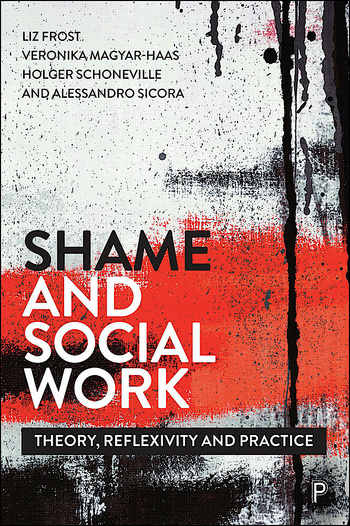What does it mean to be poor in Britain and America? For decades the primary narrative about poverty in both countries is that it has been caused by personal flaws or ‘bad life decisions’ rather than policy choices or economic inequality. This misleading account has become deeply embedded in the public consciousness with serious ramifications for how financially vulnerable people are seen, spoken about and treated.
Drawing on a two-year multi-platform initiative, this book by award-winning journalist and author Mary O’Hara, asks how we can overturn this portrayal once and for all. Crucially, she turns to the real experts to try to find answers – the people who live it.









